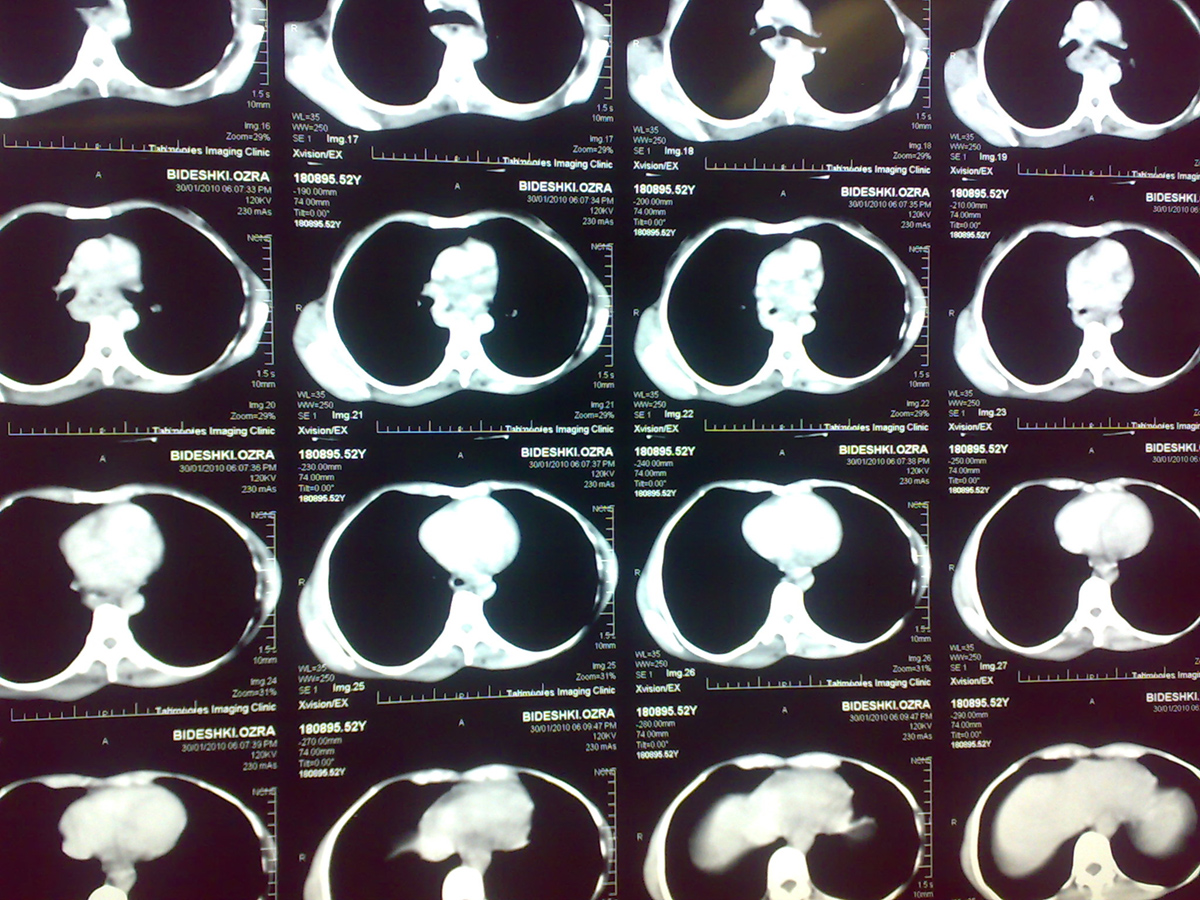
Cancer of the esophagus is not considered to be a common type of cancer in the United States. Every person can develop esophageal cancer but those older than 50 years of age are more prone to suffering from it. Medical experts have divided esophageal cancer into two main types. These types are squamous cell esophageal carcinoma and adenocarcinoma. These two types do not look the same under the microscope, which makes it easier for the doctors to determine from which type the patient is suffering from. Medical care providers advise people not to overdo with alcohol consumption and smoking, because these two bad habits are strongly connected with squamous cells esophageal cancer. A complication of the gastroesophageal reflux disease or GERD called Barrett’s esophagus is also known to increase the risk of this type of esophageal cancer. Apart from GERD, there are other risk factors of esophageal cancer like obesity, improper nutrition and being a male.
Prognosis of Esophageal Cancer
Before making a prognosis about esophageal cancer, the doctor first needs to properly diagnose the disease. The patient can be of help if he or she learns more about the possible symptom of this type of cancer. The most commonly seen symptoms of cancer of the esophagus are pain in the chest which has nothing to do with eating, backward movement of food through the esophagus and in a lot of cases regurgitation of the food from the esophagus into the mouth, problems with swallowing both solids and liquids, heartburn, weight loss and vomiting blood. Noticing the symptoms as early as possible will improve the chance of recovery and provide more treatment options.
Once the patient has come to the hospital suspecting esophageal cancer, the doctor will perform certain tests and exams in order to diagnose the disease. Barium swallow, esophagogastroduodenoscopy or EGD and biopsy, MRI of the chest or a thoracic CT, PET scan and endoscopic ultrasound are routinely performed tests and exams. PET scan, MRI and thoracic CT are of major importance for disease staging.
When outlook or prognosis is considered, practically all medical experts agree that esophageal cancer is not an easy disease to cure. It is actually considered to be one of the most difficult types of cancer to be treated. The outlook is a lot better if the cancer has not spread to other organs because in that case a surgical treatment is an option. Surgery is known to improve the chances of survival quite a lot but it is generally performed when the cancer affects only the esophagus. Apart from surgery, radiation therapy is another treatment option. It can be used when the disease is in its initial stages or when cancer has spread to nearby organs. The prognosis is never good when the cancer has spread outside the esophagus. In such case, the treatment will focus on relieving the symptoms because cure is not possible. Complications like difficulty swallowing, pneumonia, significant weight loss and spread of the tumor to other parts of the body are never considered good and they only point to disease progression.
Treatment for Esophageal Cancer
Before coming up with the proper treatment plan, the doctor will take certain factors into consideration. The age, overall health and medical history of the patient are very important. The stage of the cancer is also a significant factor when it comes to coming up with a treatment plan. The tolerance of the patient to specific medications, procedures and therapies and expectation regarding the course of the disease are vital for the treatment. In the end, the doctor will not decide on anything without the opinion of the patient.
There are various different treatment options for esophageal cancer and it is not uncommon for more than one of them to be used in one case. The goal of the treatment is to control the cancer and reduce the symptom.
Surgery is the first option in case of esophageal cancer. There are two types which are mainly used. In one type, part of the esophagus and the nearby lymph nodes are removed while the remnant of the organ is reconnected to the stomach. In the second type of surgery the doctor removes the entire esophagus, regional lymph nodes and even the upper portion of the stomach.
Chemotherapy is another option in which anticancer drugs are being used to kill cancer cells. The goal of this treatment is to interfere with the ability of the cancer cells to grow and reproduce. Chemotherapy is commonly used with radiation therapy.
Radiation therapy is another treatment option for treating esophageal cancer and it works by using high-energy radiation which kills cancer cells and shrinks the tumor. There are two types of radiation therapy used in patients suffering from esophageal cancer, internal radiation therapy and external radiation therapy.
Finally, apart from the mentioned treatment options, there are also biologic therapy and photodynamic therapy.








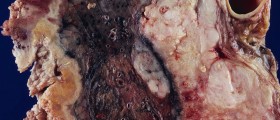


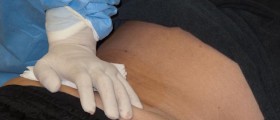

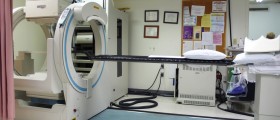
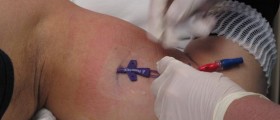
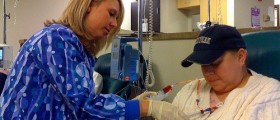
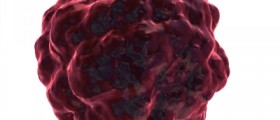
Your thoughts on this
Loading...